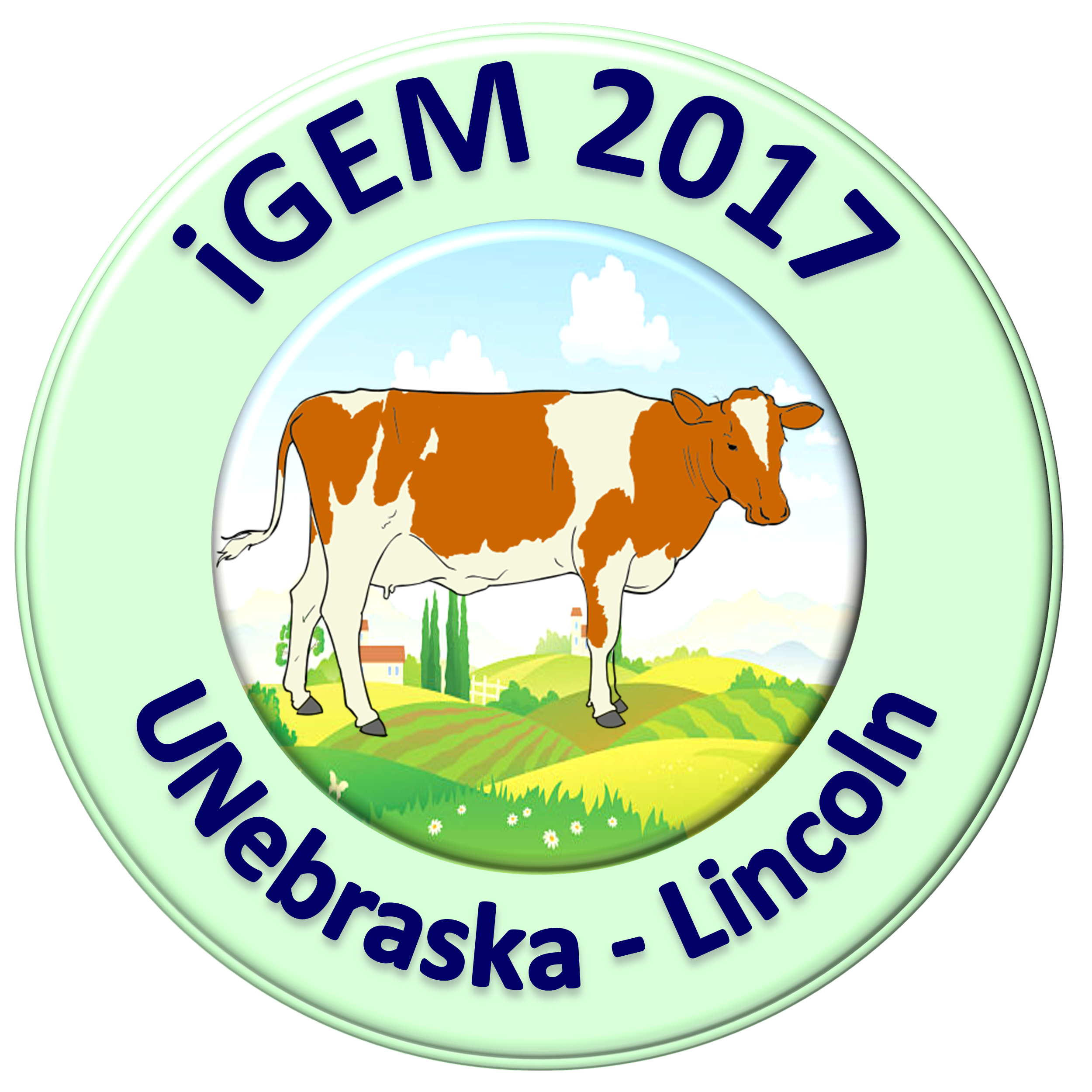Crystal Xu (Talk | contribs) |
|||
| Line 145: | Line 145: | ||
<h3>University of Washington survey</h3> | <h3>University of Washington survey</h3> | ||
<p>We completed a survey for the University of Washington in order to help them create a global iGEM server for easier communication among the teams.</p> | <p>We completed a survey for the University of Washington in order to help them create a global iGEM server for easier communication among the teams.</p> | ||
| + | <br> | ||
| + | <h3>uOttawa survey</h3> | ||
| + | <p>We completed a survey for the University of Ottawa. The purpose of their survey was to gather information on how much people know about what genetic engineering is and what their opinions are on the type of research that's going on in their community. Genetic engineering technology has implications for more people than just those affected by diseases; It has the potential to revolutionize our way of life. However, misconceptions on how it's used and misinformation spread much quicker than facts. This is largely due to the lack of communication between the scientific and nonscientific community, leaving the media to bridge that gap.</p> | ||
</div> | </div> | ||
Revision as of 00:45, 27 October 2017
UNL 2017
Helping reduce methane emissions from livestock






★ ALERT!
This page is used by the judges to evaluate your team for the medal criterion or award listed above.
Delete this box in order to be evaluated for this medal criterion and/or award. See more information at Instructions for Pages for awards.
Collaborations

This is our collaboration badge that we presented to all the teams that participated in our survey (results found HERE). Here is a map marking all the teams!

| UT-Knoxville | UIOWA | UMaryland | Tec-Chihuahua | TecCEM | Purdue | Pittsburgh | MIT | BostonU_HW | Northwestern | BostonU |
| uOttawa | TP-CC_San_Diego | UIUC_Illinois | Amazonas_Brazil | Bulgaria | UChicago | SECA_NZ | Moscow_RF | Harvard | Missouri_Rolla | NYMU_Taipei |
| Macquarie_Australia | IIT-Madras | KAIT_JAPAN | WashU_StLouis | iTesla_SoundBio | Washington | British_Columbia | Amsterdam | IISER-Pune-India | ECUST | CIEI-BJ | TU_Darmstadt | CGU-Taiwan | Edinburgh_OG | UCLouvain | Mindgdao | AFCM-Egypt | Standford-Brown | ColubmiaNYC | CIEI-China | Manchester | Cardiff_Wales |
| Balitmore_Bio-Crew | Aix-Marseille | NYU-Shanghai | HZAU-China | TU-Eindhoven | Valencia_UPV | Stuttgart | Hamburg | SMS_Shenzhen | OUC-China | IISc-Bangalore |
| SVCE_CHENNAI | Glasgow | Cologne-Duesseldorf | US_AFRL_CarrollHS | TU_Dresden | BOKU-Vienna | Stockholm | UCopenhagen | INSA-UPS_France | Pasteur_Paris | Oxford |
| CCA_San_Diego | AsheshiGhana | Heidelberg | Tongji_China | Chalmers-Gothenburg | ICT-Mumbai | ETH-Zurich | Groningen | NYU_Abu_Dhabi | TUDelft | NWU-China |
Surveys
Waterloo Survey
We completed a survey for Waterloo iGEM Team to assist them in their investigation of using 3D printing as a partial solution to expensive lab equipment.
BostonU Hardware survey
We completed a survey for BostonU Hardware iGEM Team regarding the synthetic biology and microfluidics.
Dalhousie survey
We completed a survey for Dalhousie iGEM Team to aid in their understanding of the conception of science literacy. Later a brochure will be created to raise awareness of science literacy, the distribution of scientific information, and the validity of such sources.
University of Washington survey
We completed a survey for the University of Washington in order to help them create a global iGEM server for easier communication among the teams.
uOttawa survey
We completed a survey for the University of Ottawa. The purpose of their survey was to gather information on how much people know about what genetic engineering is and what their opinions are on the type of research that's going on in their community. Genetic engineering technology has implications for more people than just those affected by diseases; It has the potential to revolutionize our way of life. However, misconceptions on how it's used and misinformation spread much quicker than facts. This is largely due to the lack of communication between the scientific and nonscientific community, leaving the media to bridge that gap.
Thanks to Our Sponsors



